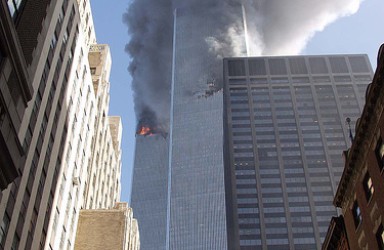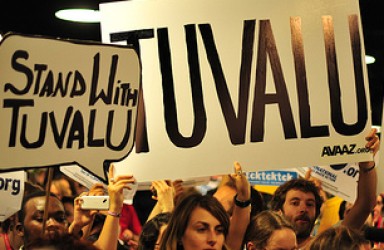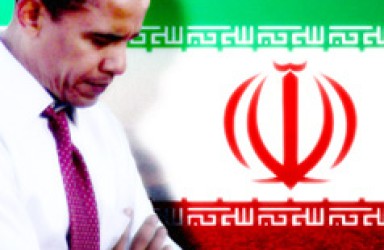Of Food Aid and Altruism – The Human Security Paradigm in Theory and Practice
Fifteen years after its first official promulgation, the human security paradigm requires analysis and evaluation, particularly in respect to its implications for the politics of international food aid.
Deconstructing Dershowitz and his Torture Warrants
Dershowitz does not challenge the general illegality of torture. He argues, however, that all states (whether they be authoritarian or democratic) practice torture extralegally; he considers it to be a lesser of evils to legalise torture and control it rather than allow it to go unchecked and under the radar. This paper intends to invalidate Dershowitz’s argument.
World Risk Society and the Response to Terrorism
This paper will analyse how the concepts in Ulrich Beck’s Risk Society are influencing the War on Terror. Moreover, it will examine their practical enforcement, the way in which they pose serious threats to the international law system and how this contributes to the shaping a new domestic order in those states where they have being applied.
The End of the Third World
For half a century, the Third World remained united in the face of a common threat, the influence of the United States and, to a lesser extent, the Soviet Union. But for least developed countries a greater enemy has now emerged, the threat to their survival posed by global warming, and they are no longer willing to subsume their demand that all the world’s polluters curb their activities beneath the imperative of maintaining the appearance of G77 unity.
Lessons from the Vatican to Protect All Children
The global revelations about the inadequate response by the Catholic hierarchy to sexual abuse of children by clergy is a wake-up call for everyone. When the largest church in the world harbors child predators as the hierarchy has, it is a strong signal that children are at risk in all circumstances. They are.
Western Depictions of Children and the New Imperialism
The human rights discourse has become a paradigm in international relations, with the transition from the international system to an international society. A vital aspect of that paradigm is the differentiation between adult and child, which has also been primarily instituted by the West. The supremacy of this definition has served the supremacy of the West in the human rights question.
The Politics of UN Human Rights Council and Iran’s Candidacy
The candidacy of Iran for the UN Human Rights Council is comparable to electing apartheid South Africa to the United Nations Committee on the Elimination of Racial Discrimination or to awarding the US for humane treatment of detainee’s right after the world was shocked with pictures revealing sexual torture and humiliation of naked prisoners.
Assessing the Arguments For and Against Nuclear Proliferation
Nuclear Proliferation is both an enduring critical matter in international security and a source of heated debate amongst the various ideological schools of thought in international relations. Although specific disputes can be assessed based upon which one is side is more effective with their argument, the general debate is much more ambiguous.
Deterrence and Terrorism in the Modern Era
The efficacy and applicability of deterrence depends on the broader question of how one conceptualises and defines terrorism, and whether one deems terrorism insurmountable and ‘evil’ or recognises root causes, legitimate grievances and pathways to accommodation.
Thomas Hobbes vs. Carl Schmitt
Carl Schmitt is referred to as the Thomas Hobbes of the 20th century due to his tendencies to base his philosophies of the 18th century realist. In the following essay, it will be explained how the realist philosophies of both, the more modern, and the original Thomas Hobbes hold not only similar views but also contrast on key international relations topics. Although Thomas both are classed together as realist, they are nonetheless completely dissimilar on how they define the international system











